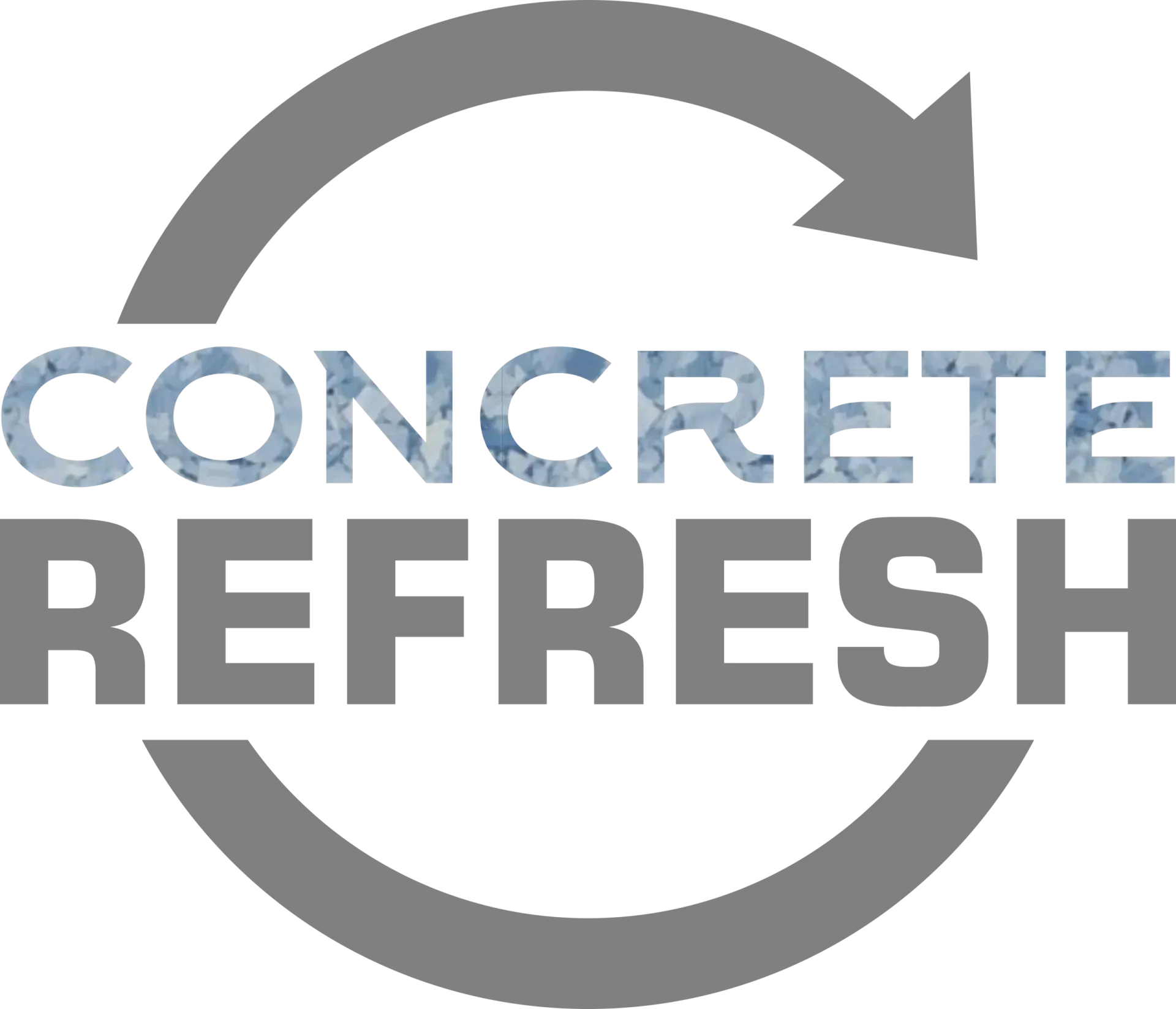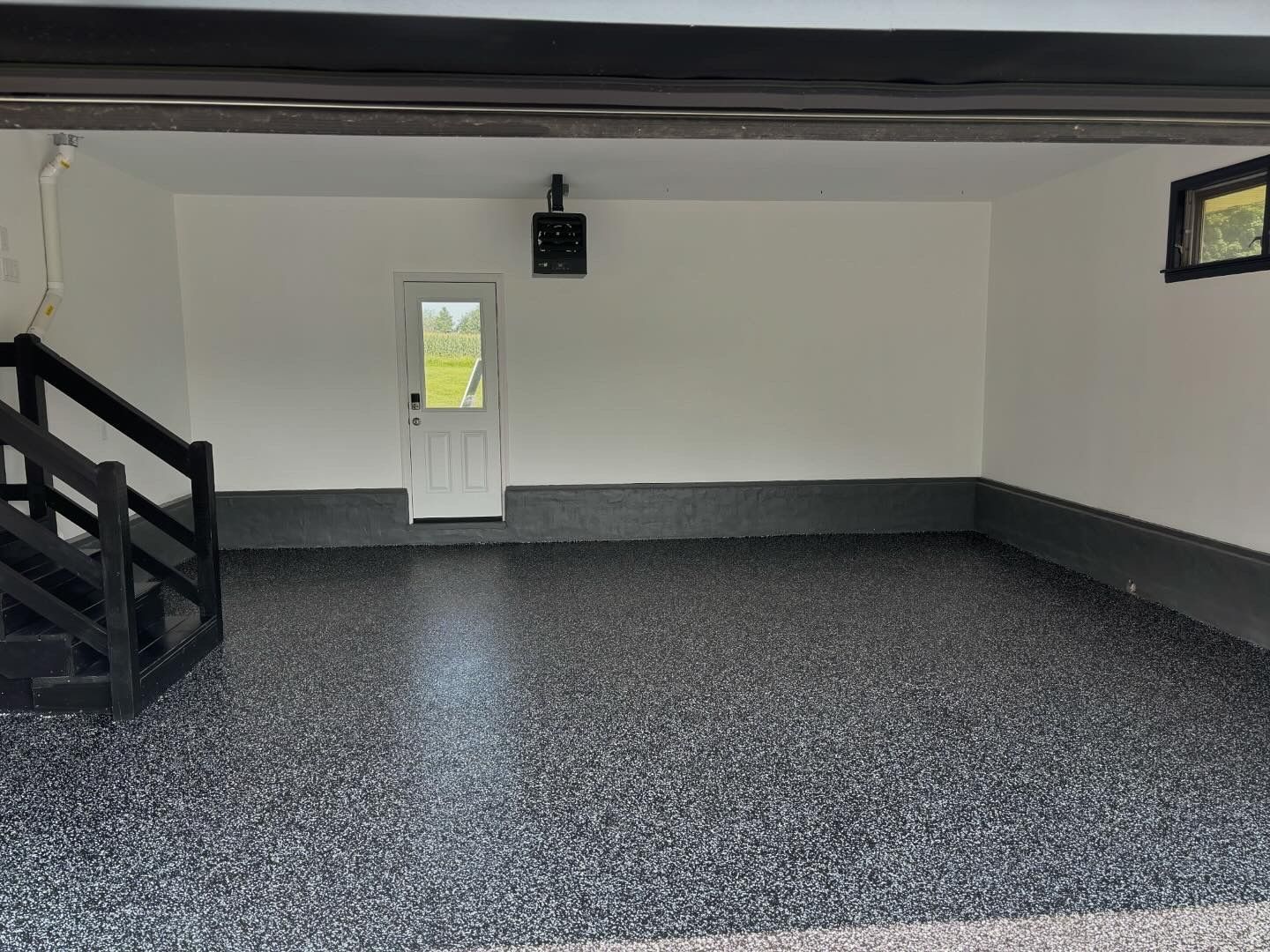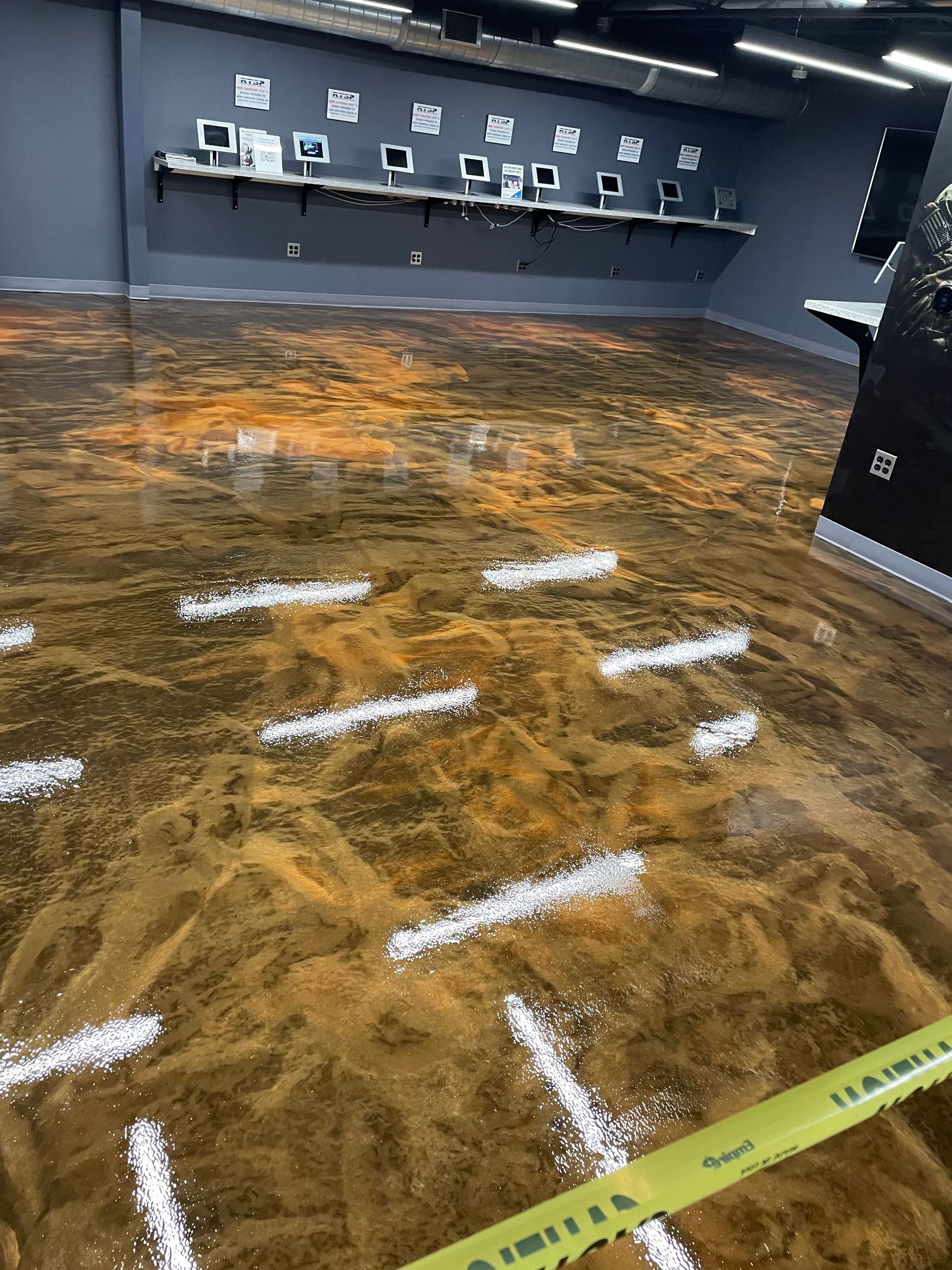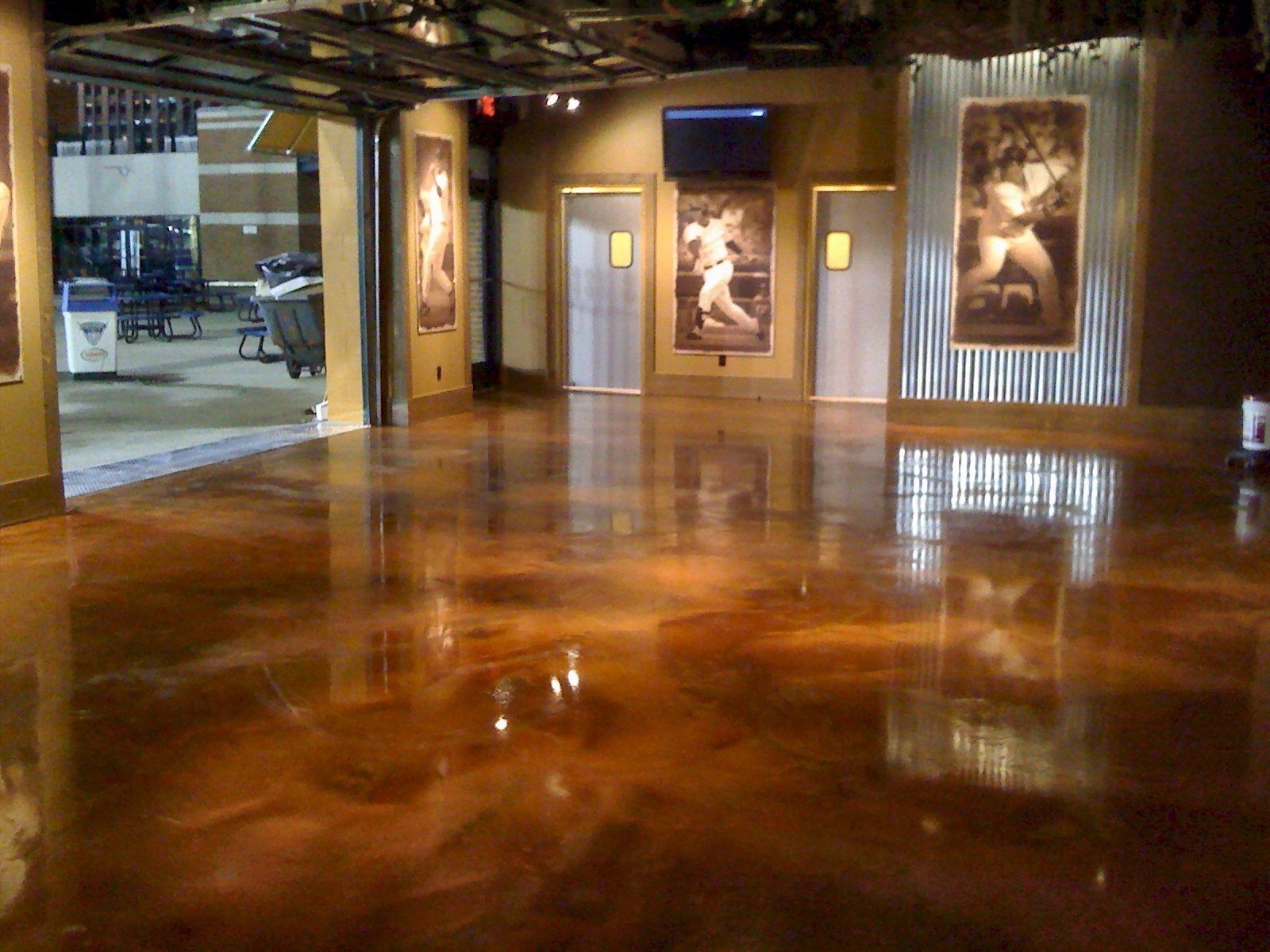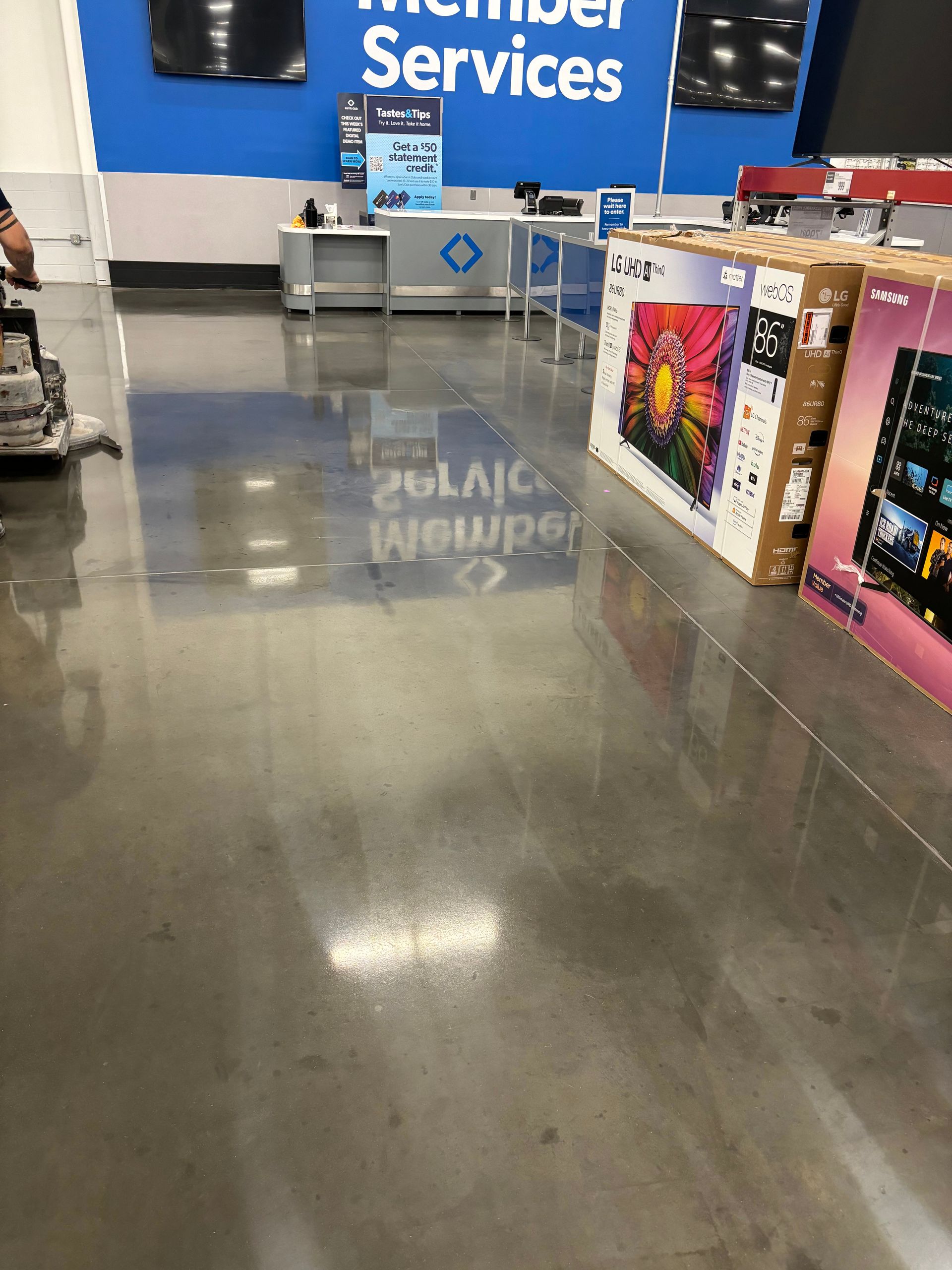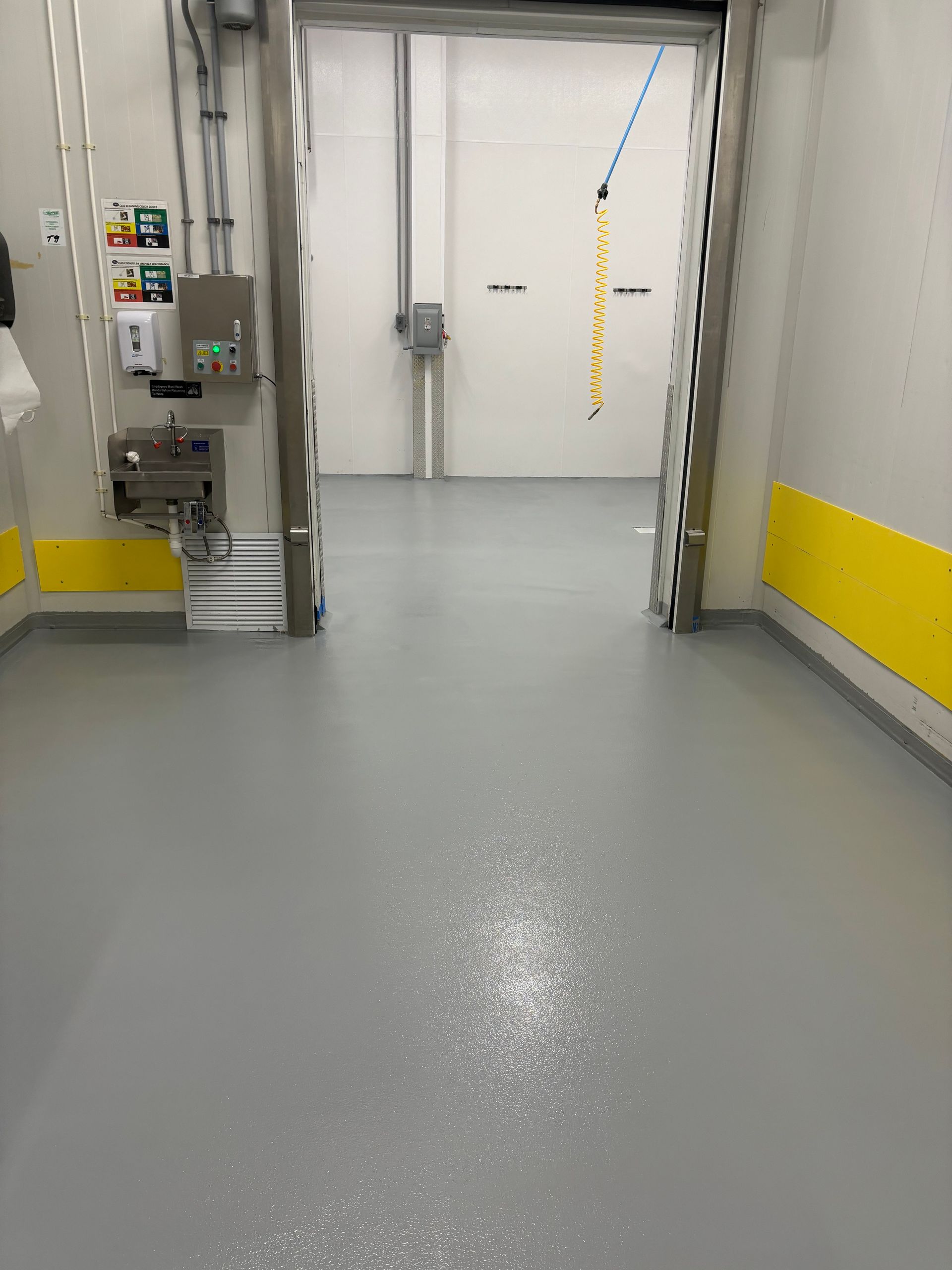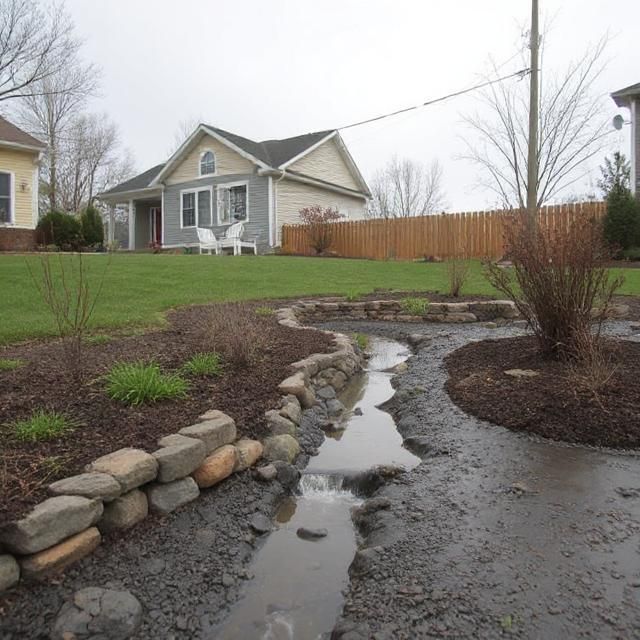Understanding Concrete Floor Thickness: A New Jersey Homeowner's Guide
Let's be honest—researching how thick a concrete floor is probably wasn't part of your weekend plans. But here you are, maybe because you're staring at a cracking garage floor, planning a basement renovation, or getting ready to build an addition. You're smart to ask this question now rather than after problems appear. As New Jersey concrete professionals, Concrete Refresh has helped hundreds of homeowners navigate this exact decision. We've learned that getting the thickness right from the start is one of the most important investments you can make in your property's long-term value and your own peace of mind.
The thickness of your concrete floor determines everything from structural integrity to moisture resistance. Concrete floor thickness affects how well your floors handle weight, resist cracking, and perform in New Jersey's challenging climate. Too thin, and you risk premature failure. Too thick, and you're spending unnecessarily on materials and labor.
The Right Concrete Thickness for Different Spaces
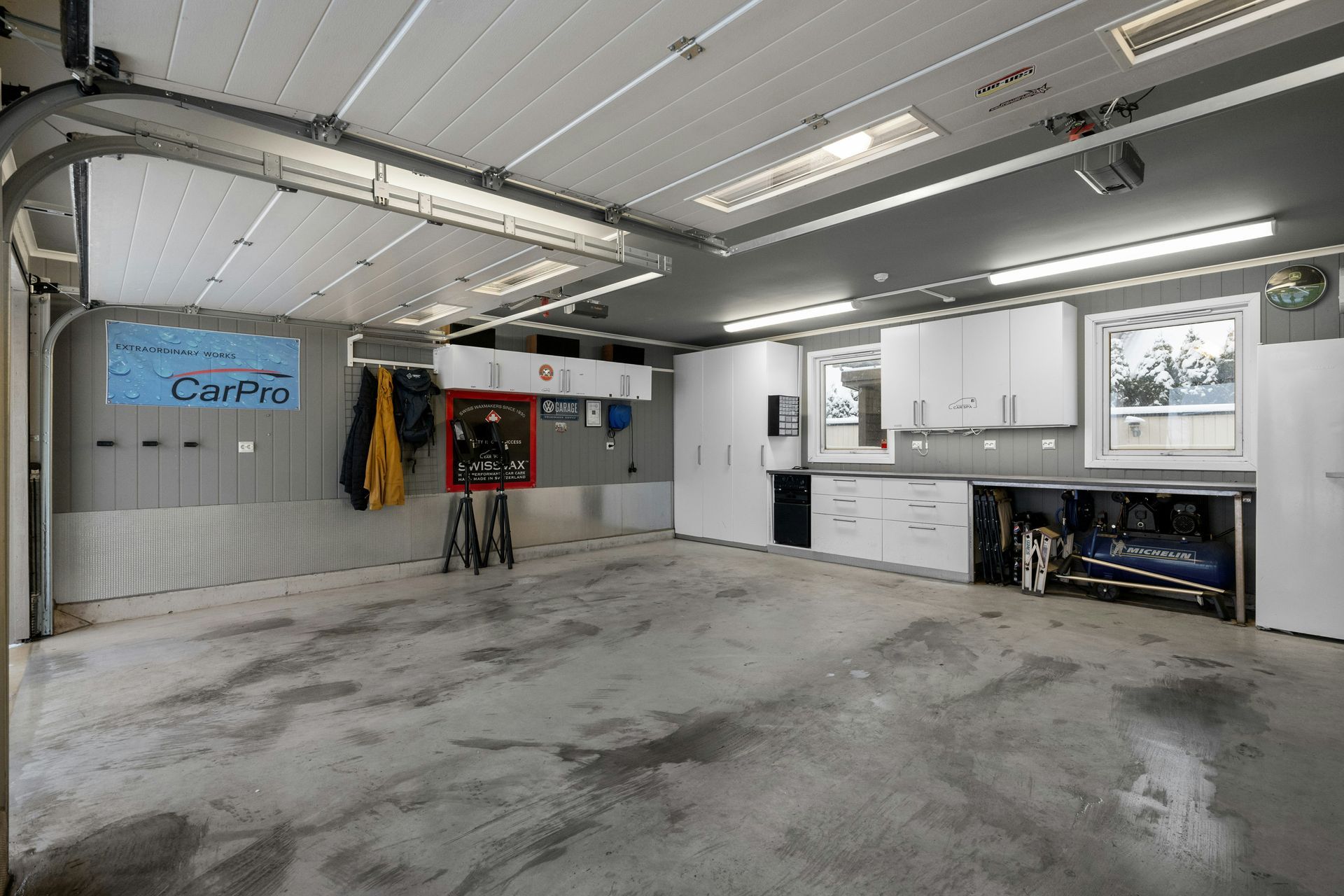
Choosing the appropriate concrete floor thickness depends entirely on how you'll use the space and the unique demands it will face.
Garage Floors
When considering the thickness of your concrete garage floor, the standard recommendation is 4 inches for typical residential use. This thickness adequately supports passenger vehicles, lawn equipment, and general storage. However, if you're planning a workshop area or storing heavier vehicles like RVs or boats, consider upgrading to 5-6 inches for enhanced durability.
For New Jersey homeowners dealing with salt exposure from winter road treatments, proper thickness becomes even more critical. Many Bergen County and Essex County residents have discovered that investing in proper thickness upfront prevents costly repairs from freeze-thaw damage.
Basement Floors
Basement applications require careful consideration of concrete floor thickness due to moisture concerns that are prevalent throughout New Jersey. The minimum recommended thickness is 4 inches, but many situations call for more.
In areas with high water tables — common in parts of Monmouth County and along the Shore — 5-6 inch slabs provide better moisture resistance and structural stability. For homeowners converting basements into living spaces, thicker floors also offer better thermal mass, helping them weather moderate temperature fluctuations. Our projects throughout these coastal areas consistently show that combining the right thickness with proper drainage systems creates basements that stay dry and comfortable for decades.
Living Areas and Home Additions
The floors of main living areas typically require 4-6 inches, depending on how they will be used. The thickness of concrete floors in living spaces varies based on several factors, like span requirements (or the distance that concrete can stretch between support points), intended use, and local building codes.
For ground-level slabs in new construction, 4 inches is standard for residential applications. However, suppose you're planning on installing radiant heating systems, which are becoming increasingly popular in New Jersey's energy-conscious market. In that case, you may need additional inches to accommodate tubing that maintains proper heat distribution.
Commercial Applications
Commercial projects demand more robust specifications. The ideal concrete floor thickness for retail spaces, offices, and light industrial applications typically starts at 5-6 inches. Meanwhile, more heavily used areas require 6-8 inches or more, depending on their expected loads and safety factors.
How Thick Is a Concrete Floor: New Jersey-Specific Considerations
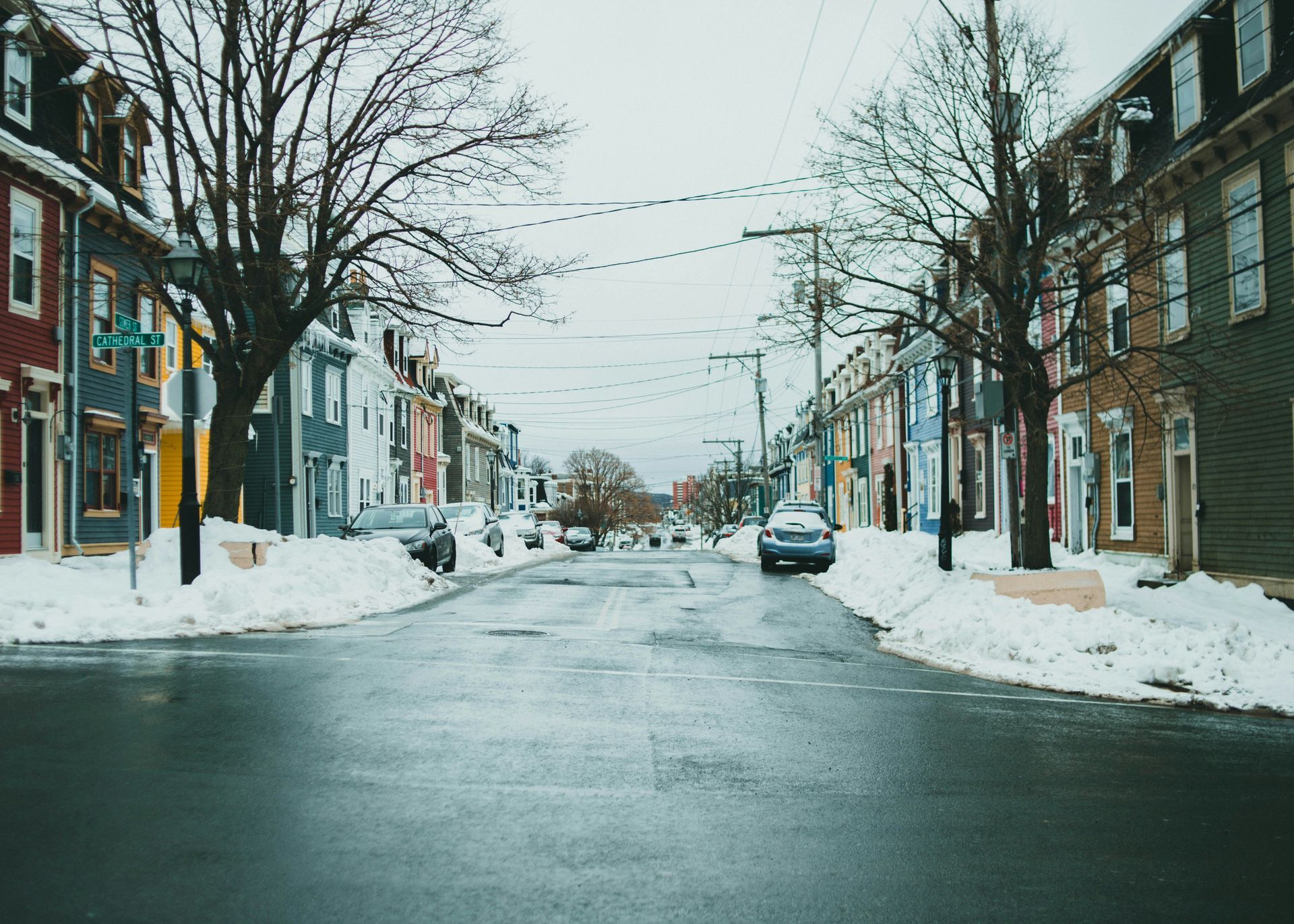
Our state's unique climate and soil conditions significantly impact the recommended thickness of concrete floors. For optimal performance, here are the key factors that you should take into account:
- Coastal salt air exposure - Requires additional depth for protective sealants
- Freeze-thaw cycles - Northern regions need extra thickness to prevent cracking
- Clay soil settlement - Central Jersey's clay soils often require thicker slabs or reinforcement
- High water tables - Shore areas benefit from a 5 to 6-inch thickness for moisture resistance
- Historic property requirements - Cities like Summit may have special preservation guidelines
These regional challenges make professional evaluation from companies like Concrete Refresh particularly important for New Jersey projects.
Final Thoughts
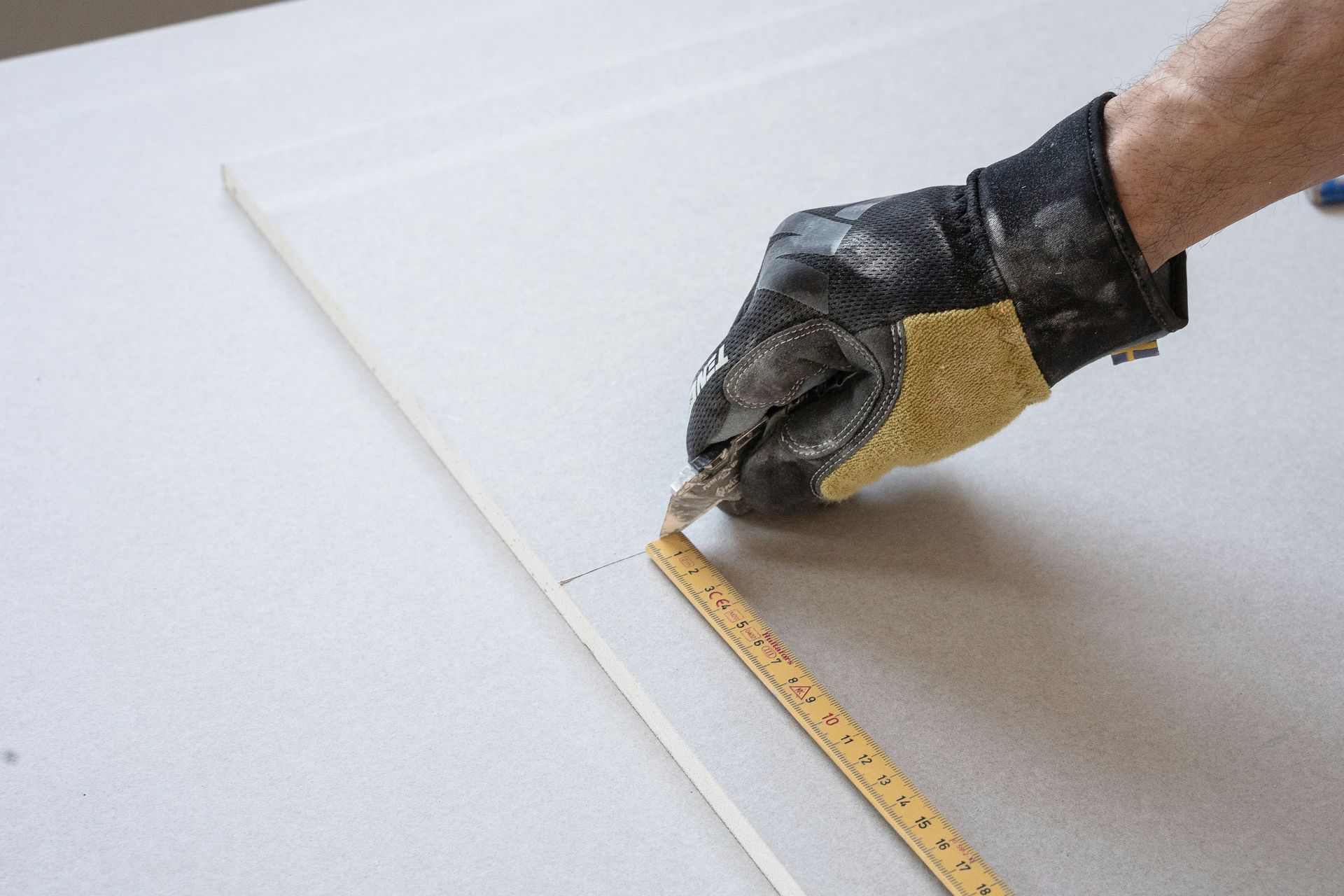
Determining the ideal concrete floor thickness requires balancing structural requirements, local conditions, and budget considerations. While standard recommendations provide starting points, every project benefits from a professional evaluation of site-specific factors.
Working with experienced professionals ensures your concrete floors meet immediate needs and long-term performance expectations. At Concrete Refresh, we combine decades of New Jersey experience with cutting-edge materials and techniques to deliver floors that are built to last, whether you're upgrading a residential garage or constructing a commercial facility.
The investment in proper concrete thickness pays dividends through decades of reliable performance, lower maintenance costs, and the assurance that your floors can handle whatever demands you place on them. If you want more expert recommendations on the thickness of your concrete floor, get in touch with Concrete Refresh today.
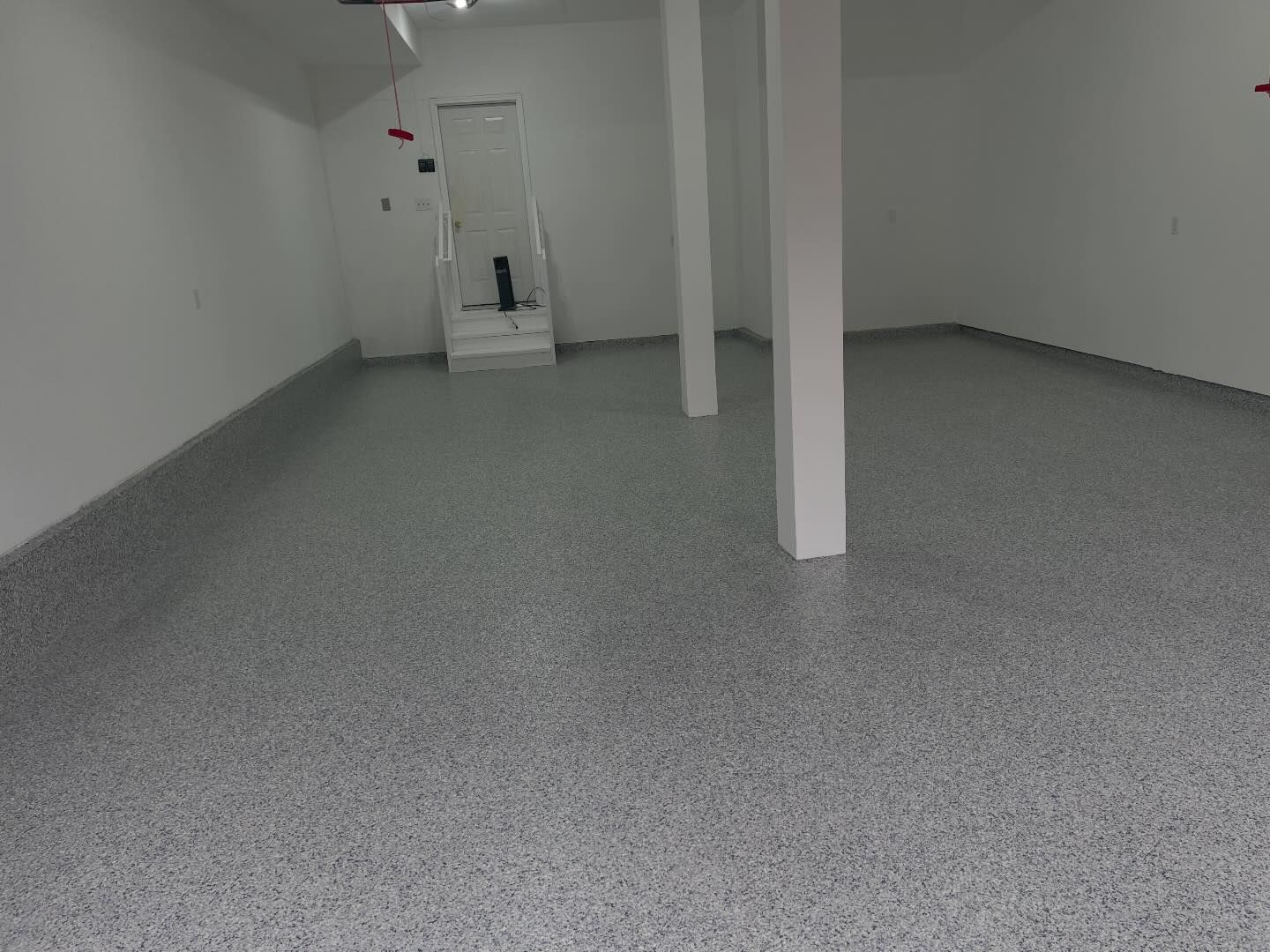
The post Transform Your Space with Epoxy Flooring and Interior Painting in Princeton NJ first appeared on Concrete Refresh.
